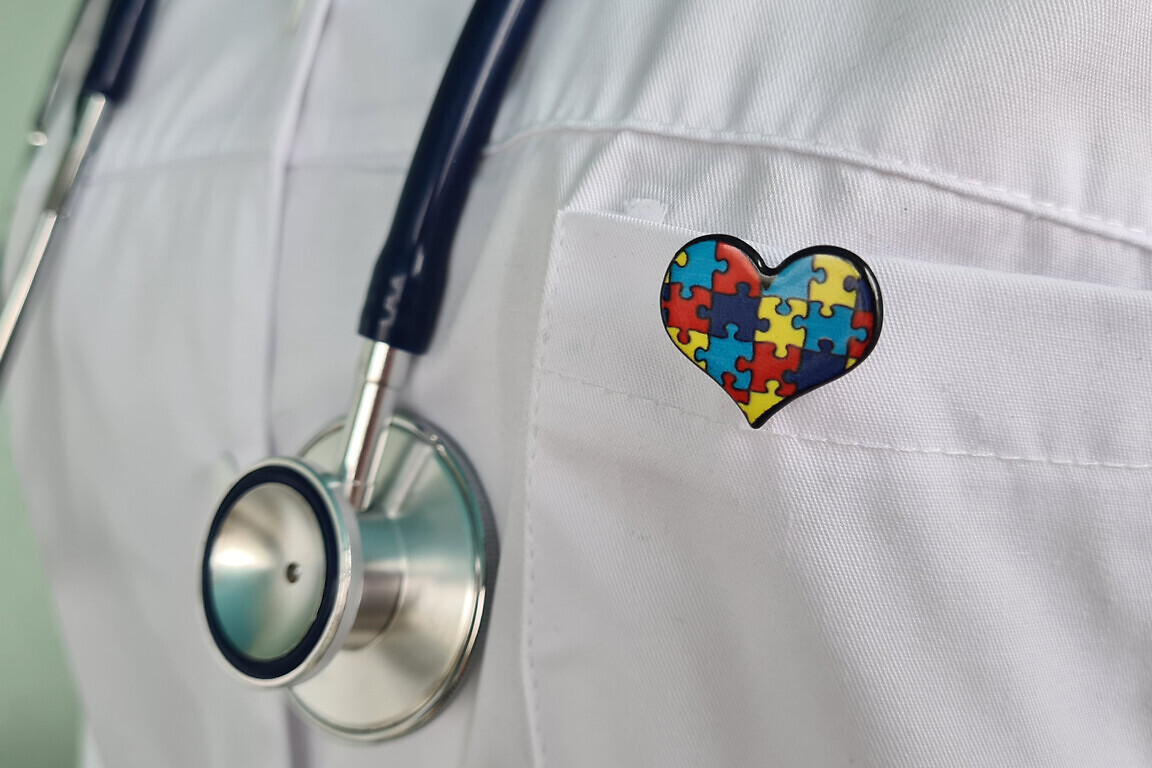A recent BMA survey finds that a lack of support has driven more than half of respondents either to leave the profession or seriously to consider doing so.
The medical profession is more ableist than wider society, and hundreds of disabled and neurodivergent doctors are leaving the workforce as a result.
As James Henderson, a surgeon and neurodiversity lead at the Confederation of British Surgery, wrote in Healthcare Today earlier this year, 29% of autistic doctors conceal their diagnosis because of fear of discrimination.
Interim results from a BMA survey of more than 800 disabled and neurodivergent doctors and medical students suggest that a lack of support has driven over half of respondents (53%) either to leave the profession in the past two years or seriously consider doing so.
Over a third of respondents (34%) reported experiencing bullying or harassment linked to their disability, neurodivergence, or long-term health condition, while 78% said they had felt worried about being treated unfairly or viewed negatively because of it.
There were 801 respondents to the survey across the UK: England (79%), Scotland (9%), Wales (5%), and Northern Ireland (3%) in May this year.
Disability and neurodiversity awareness
“Worryingly, the survey found that just 34% of respondents who disclosed their disability to their place of work or study experienced improved support,” said Amit Kochhar, chair of the BMA’s representative body.
“When that support is lacking, we risk losing talented doctors from the profession altogether. This loss is detrimental to individuals, patients, and the NHS, compounding workforce retention challenges and increasing pressure on those who remain,” he continued.
The BMA says that it is currently working with stakeholders to address the issues highlighted in the survey, particularly those that affect doctors and medical students daily, such as the finding that 73% of respondents had not received all the reasonable adjustments they require.
“A lack of disability and neurodiversity awareness, coupled with discrimination and stigma, can significantly impact disabled doctors’ lives and careers. We also continue to see disparities, such as the later diagnosis of autism in women, and significant variation in access to services for international colleagues. Those who have already overcome personal hurdles should not face additional barriers, such as rigid exam policies or being unfairly penalised throughout their careers,” said Kochhar.



